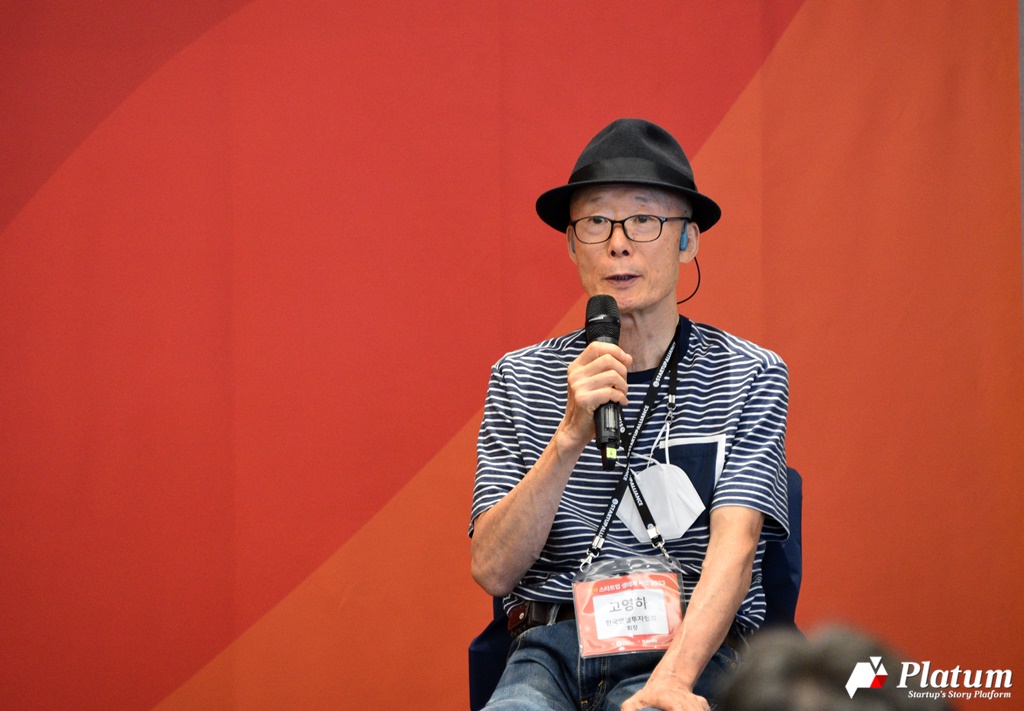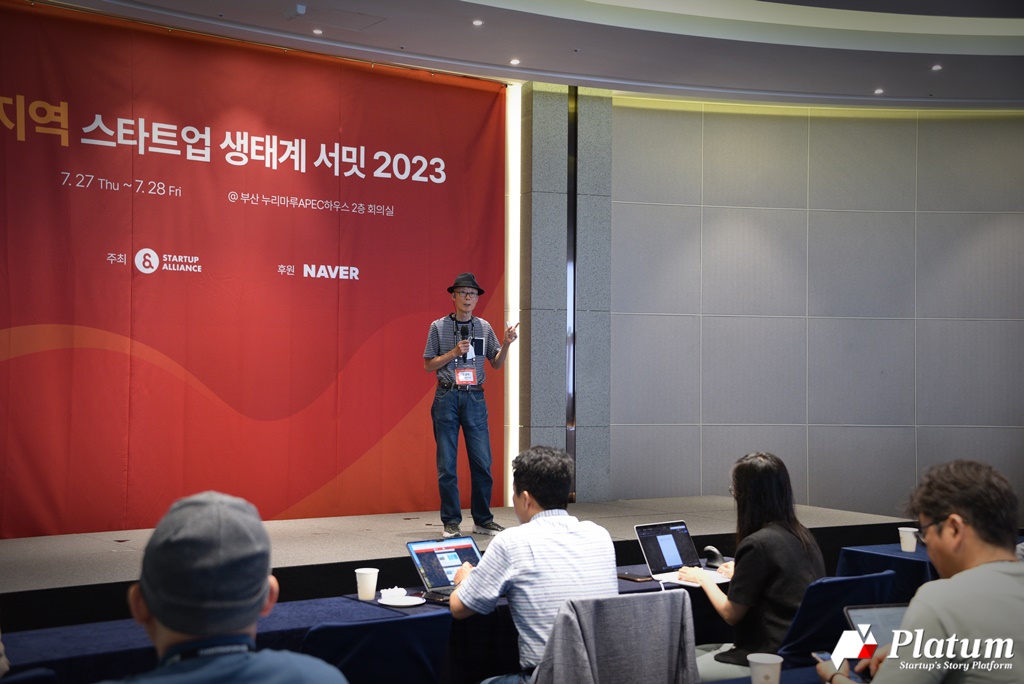
The population cliff and the phenomenon of concentrating people and capital in metropolitan areas have led to the problem of rural depopulation. Local governments are planning projects to maintain the local population, such as promoting youth entrepreneurship, attracting foreign enterprises, establishing rural work and study centers, and supporting the settlement of newcomers, and are developing policies tailored to each region to combat the extinction of suburban areas due to depopulation.
In terms of policy, experts explained that it is important to balance financial support with educational support for the influx, such as entrepreneurship training. In other words, it is necessary to lay the groundwork for increasing the self-sufficiency of the local economy by enabling the population to settle down as an economically active population in the long term. In addition, to revitalize the local economy, he advises that potential small business owners should be provided with training to help them grow into local brands.
As the keynote speaker at the Regional Startup Ecosystem Summit 2023 hosted by Startup Alliance on the 28th, Young-ha Ko, Chairman of the Korea Business Angels Association (KBAA), presented “nurturing entrepreneurial talent,” “activating angel investment and growth funds,” and creating a high-quality regional startup ecosystem as the key to solving the problem of suburban extinction.
The zeitgeist is ” entrepreneurship”. Look at Mainz and Malmö.
Around the world, national competitiveness is being driven by entrepreneurial ecosystems. The zeitgeist is startup, and the key players in innovation are startups. It was not a global conglomerate that ushered in the era of generative AI, but a startup called OpenAI.
If we look at the top 40 best cities to start a business, the United States is the country with the most cities, followed by China and Europe. Like this, the competitiveness of cities is becoming the competitiveness of countries.
One city that has nurtured entrepreneurs and seen it pay off is Mainz, Germany. Tax revenue from a startup called BioNTech, founded by Turkish immigrants, paid off the city’s debt in one fell swoop. It’s a testament to the power of a single startup. In Malmö, Sweden, the collapse of the steel industry sent the city’s economy and population into a downward spiral. To combat this, Mayor Ilmar Lipalu opened a university in 1998 to foster innovative talent. As a result, the talents have been able to start companies in IT, bio, and other fields, and the population has grown again. Malmö is considered a European success story for innovation cities. This is due to the mayor’s leadership in creating an innovation ecosystem during his long tenure as mayor.
How to save the suburbs from extinction.
First, we need to nurture entrepreneurial talent. We need to provide entrepreneurship education, startup education, and financial education. There are many good universities in rural Korea, so we can develop such talents well. However, we need to change the way we educate. Our education emphasizes knowledge and does not teach wisdom. Sam Altman (CEO of OpenAI) said in an interview that he became a successful entrepreneur because of his entrepreneurship education at Stanford.
Israel teaches entrepreneurship and how to make money from an early age. That’s probably why Israel is called the startup nation. Statistics show that students who are taught entrepreneurship from an early age are more than three times more likely to start a business and have more than 60% more wealth. There’s no reason why parents can’t do the same.
We need to prime the water pump and fund our growth.
For a startup to be successful, it needs funding along with talent. First of all, angel investment is important for the local ecosystem. In Korea, the government is responsible for this. In the US, there are more than 300,000 angel investors. They discover and invest in talent independently of the government, and super angels are responsible for Series A. The number of angel investors in Korea is also increasing. When KBAA was established, there were about 500 investors, and now there are more than 5,000.
However, most of the investors are concentrated in the Seoul metropolitan area, and 80% of the amount is concentrated in the capital cities. By activating angel investment in the provinces, good companies can be discovered and nurtured. It has been proven that companies that receive angel investment have a higher survival rate than companies that receive government investment. At the Association, we are working to revitalize local angel investment. The Jeolla and Chungcheong regions have already laid the groundwork. This year, the Gyeongnam region, including Busan, Ulsan and Gyeongsangnam-do, will also start to lay the foundation.
And we need to set up a growth fund. Angel investment is not enough. If you make a prototype with angel investment, you need to make a mass-produced version. That’s why companies go to the capital. We need to create a large-scale investment fund in the provinces so that they don’t leave. This is a necessary condition for creating a company that is rooted in the region.
Fifteen years ago, Singapore tried a radical experiment. They gave 1 billion won to companies that came to Singapore to start a business. One of the companies that emerged was Viki, founded by Changseong Ho. Viki grew so much that it even made an exit. It is said to be setting up a $782 million (KRW 1 trillion) fund in Jeollabuk-do. If this continues to work, Jeollabuk-do will be a very different place in 10 years.
Leadership must be maintained for a quality entrepreneurial ecosystem to thrive.
It goes without saying that a region must have a quality entrepreneurial ecosystem, and leadership is key. The fact that startups are thriving in the United States is largely due to President Obama. After becoming president in the wake of the financial crisis, Obama championed Startup America. In 2011, he created National Entrepreneurship Week, which led to a boom in startups. It was the springboard for America to become a startup nation.
Korea needs this kind of leadership in our country. When the leader of a local entrepreneurship organization changes every three years, it’s difficult to create a sustainable foundation. Most of the creative economy innovation centers that have achieved significant results are those where the leader has been in place for several consecutive terms. It is desirable to have a system managed by the central government rather than local governments.
In developed countries, immigrants start businesses and foster high-quality ecosystems. Korea needs to attract talented young people from Asia to start their own businesses.
To become the Korea that is not influenced by superpowers…
We can do this by creating 1,000 unicorns. Then there will be no need to look at others or to be jealous. If we spend just $1.56 billion (KRW 2 trillion) out of the country’s GDP of $1.49 quadrillion (KRW 1,900 trillion), I think 1,000 unicorns will be born in 10 years. I look forward to that day.








Leave a Comment